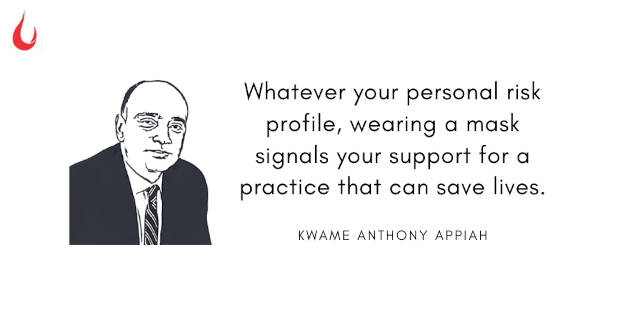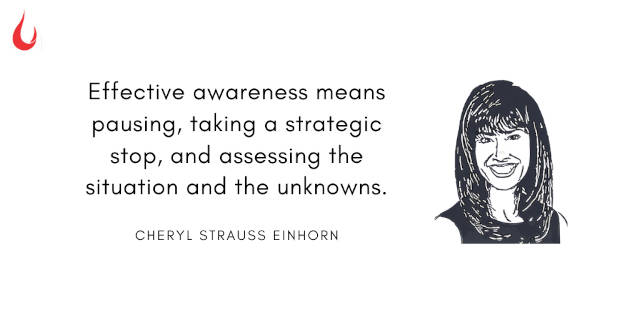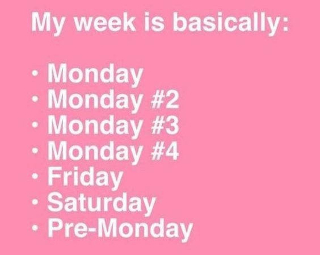[Image by Gerd Altmann from Pixabay]
Good morning,
One of our favourite books is The Art of Thinking Clearly by Rolf Dobelli. We like to revisit it every once in a while. We did that on a Sunday evening. Because Monday mornings are when we begin to scan the horizon for signs to decipher what lies ahead. We thought these passages apt.
“No professionals suffer more from the confirmation bias than business journalists. Often, they formulate an easy theory, pad it out with two or three pieces of ‘evidence’, and call it a day. For example: ‘Google is so successful because the company nurtures a culture of creativity.’ Once this idea is on paper, the journalist corroborates it by mentioning a few other prosperous companies that foster ingenuity. Rarely does the writer seek out disconfirming evidence, which in this instance would be struggling businesses that live and breathe creativity or, conversely, flourishing firms that are utterly uncreative. Both groups have plenty of members, but the journalist simply ignores them. If he or she were to mention just one, the story line would be ruined…
“The Internet is particularly fertile ground for the confirmation bias. To stay informed, we browse news sites and blogs, forgetting that our favoured pages mirror our existing values, be they liberal, conservative, or somewhere in between. Moreover, a lot of sites now tailor content to personal interests and browsing history, causing new and divergent opinions to vanish from the radar altogether. We inevitably land in communities of like-minded people, further reinforcing our convictions—and the confirmation bias…
“To fight against the confirmation bias, try writing down your beliefs—whether in terms of worldview, investments, marriage, health care, diet, career strategies—and set out to find disconfirming evidence. Axing beliefs that feel like old friends is hard work but imperative.”
Have a great week!
In this issue
- Should you wear a mask if you have developed Covid-19 antibodies?
- A four step process to make rational decisions
- The WFH Days
Should you wear a mask if you have developed Covid-19 antibodies?
A recent antibody survey in Delhi suggests 33% of the population could be exposed to Covid-19. Similarly, another survey conducted in Mumbai found 57% of participants had developed antibodies. Phase 3 of Oxford vaccine trials is scheduled to start next week in India, which again is likely to result in the participants developing antibodies. While we need more data to be sure, having these antibodies in your body indicates immunity. If you are immune, is it fine for you to go around without a mask?

In The New York Times philosopher Kwame Anthony Appiah answers a similar question. He warns that till the tests are done, we can’t be sure about immunity. He, then, goes on to say,
“Even if your optimistic assumptions were borne out, though, you should still join others in wearing a mask in public places. After all, people aren’t going to know why you aren’t wearing one. They may infer that you’re antimask or fear that you might pose a threat to them. At the same time, you would be eroding an important social norm. Whatever your personal risk profile, wearing a mask signals your support for a practice that can save lives; it helps maintain a public realm in which all of us do our share to contain transmission.”
So, the answer really is straightforward. Wear a mask, save a life. Wear a mask, boost the economy.
Dig Deeper
A four step process to make rational decisions
In Harvard Business Review, Cheryl Strauss Einhorn, author of Problem Solved: A Powerful System for Making Complex Decisions With Confidence and Conviction, offers a four step process to make rational decisions at a time our brains might be clouded by uncertainty all around.

The four steps are:
- Identify the category of historical data you are working with. Noteworthy? Surprising? Frames context? Falls into a pattern?
- Recognise which cognitive biases are triggered by each category. Are you giving too much importance to a piece of data just because it’s surprising? Will you look at it differently, if it’s framed differently? Are you seeing patterns where you shouldn’t?
- Invert the problem to identify what you really need to know. What do you really need to know to understand the situation? What difference would this information make? And how do you expect to use it?
- Formulate the right questions to get the answers you need. Organise your questions into four categories—behaviour, opinion, feeling, and knowledge—so that you bring both distance and a variety of perspectives to how you interpret the data.
Dig Deeper
The WFH days

(Via WhatsApp)
Does it feel like one day merges into another? Or are you among the outliers who thinks otherwise? Let us know on our Slack channel.
And if you missed previous editions of this newsletter, they’re all archived here.
Bookmark Founding Fuel’s special section on Thriving in Volatile Times. All our stories on how individuals and businesses are responding to the pandemic until now are posted there.
Warm regards,
Team Founding Fuel



